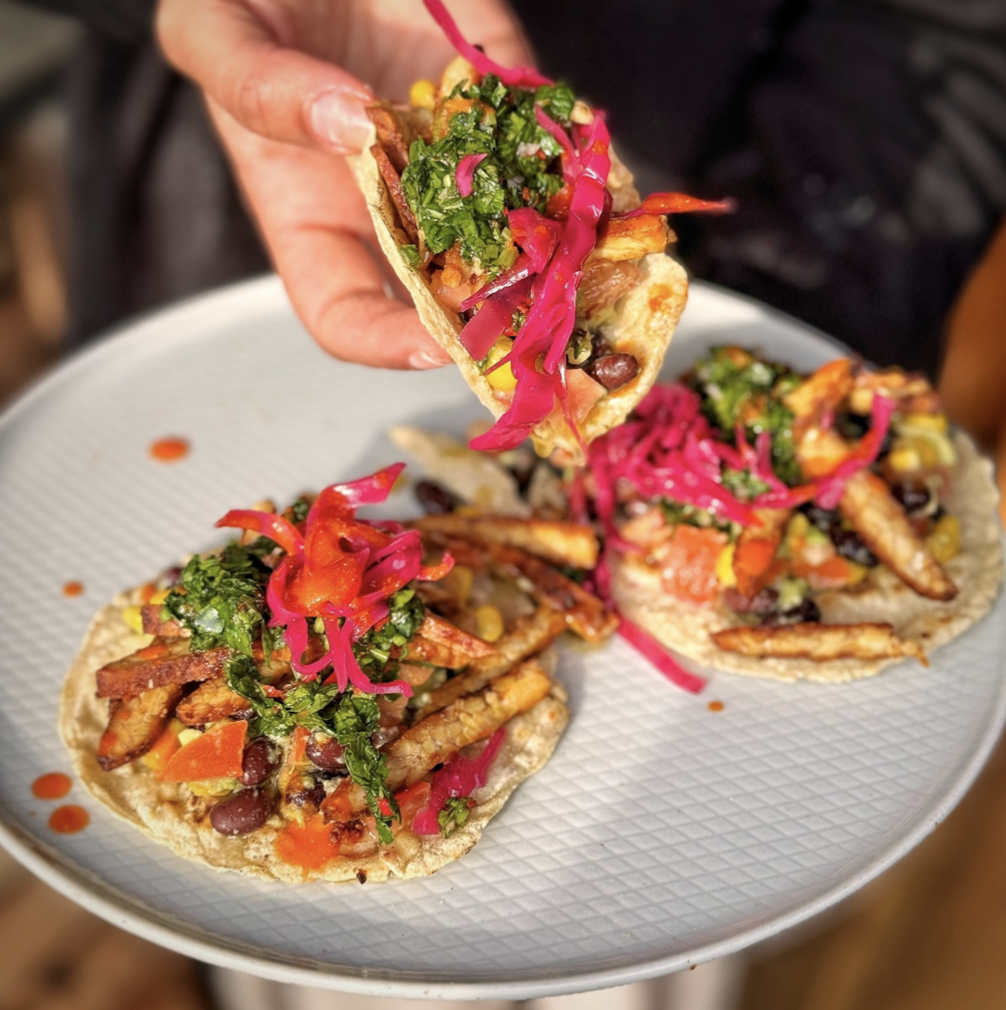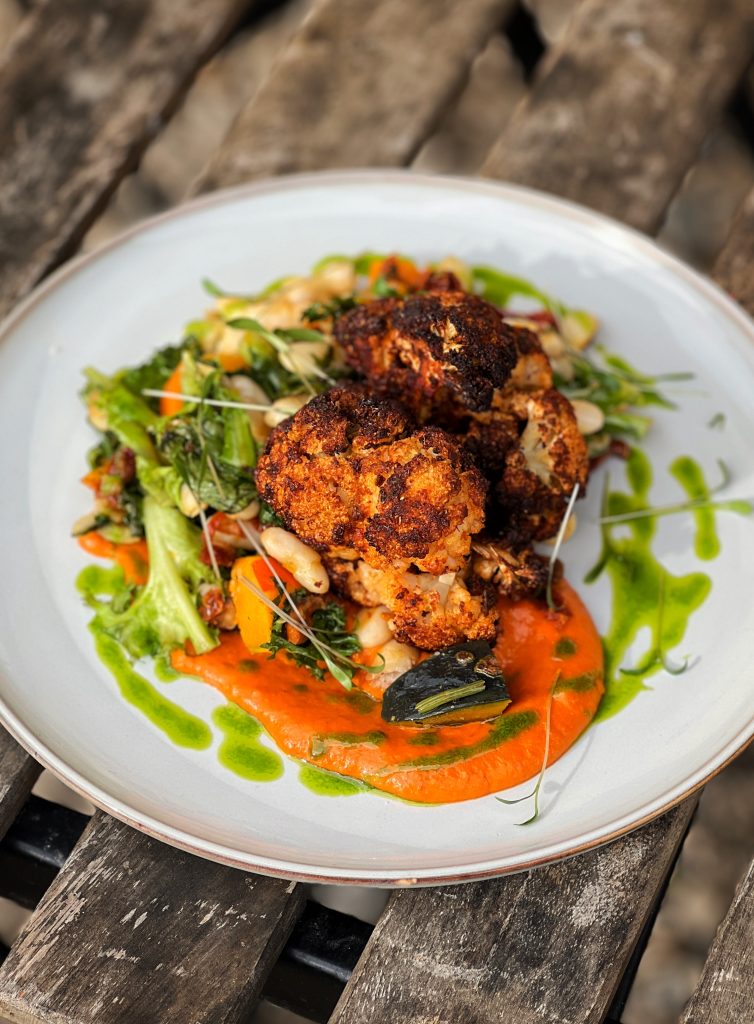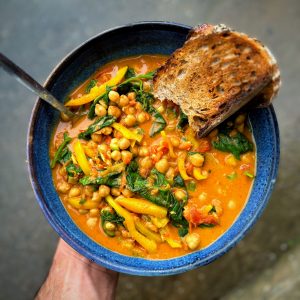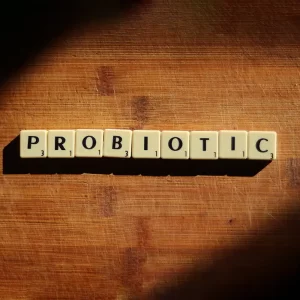Gut Health Benefits of Plant Based Eating

Embarking on a journey towards a healthier lifestyle can sometimes feel like navigating through a maze of dietary trends and conflicting nutrition advice. Yet, amid the sea of health fads, one enduring principle emerges with clear, evidence-backed benefits: the power of plant-based eating. Specifically, when considering the gut health benefits of plant-based eating, we unlock a fascinating world where our food choices directly impact our digestive wellness, mental clarity, and overall vitality. This dietary path, championed by the likes of The Happy Pear, doesn’t just promise a greener plate but a more vibrant life, underscoring the profound connection between the food we eat and our body’s inner ecosystem.
The concept of gut health has garnered much attention in recent years, evolving from a niche interest into a central topic in the wellness conversation. It’s now understood that a healthy gut is not a mere advantage but a cornerstone of overall health, influencing everything from our immune response to our mood and chronic disease risk.
At the heart of this gut health revolution is the recognition of the gut microbiome’s role — that complex and dynamic community of microorganisms residing in our digestive tract, which thrives on the very nutrients that a plant-based diet abundantly provides.
The gut health benefits of plant-based eating are manifold, rooted in the diet’s rich array of fibre, phytonutrients, and antioxidants. Fibre, found primarily in abundance in fruits, vegetables, whole grains, and legumes, is not just roughage that aids digestion but the primary fuel for our gut bacteria. It fosters a diverse and balanced microbiome, which is essential for everything from nutrient absorption to the production of mood-regulating neurotransmitters. The average person living in high income countries gets only have their recommended daily allowance of fibre as more than 50% of their diet consists of ultra processed foods which don’t contain any fibre. Phytonutrients and antioxidants, on the other hand, offer protective effects against inflammation and oxidative stress, further supporting gut integrity and health.
However, the merits of plant-based eating extend beyond the molecular synergy between fibre, phytonutrients, and our microbiome. This way of eating invites us into a relationship with food that is conscious, compassionate, and connected to the natural world. It’s a shift that not only benefits our gut health but aligns with a more sustainable and ethical lifestyle, echoing The Happy Pear’s mission to inspire and empower a healthier, happier world through the joy of plant-based living. The expression ‘building a better world starts with what is on your plate’ rings very true here.
As we delve deeper into the gut health benefits of plant-based eating, we uncover not just a dietary strategy but a holistic approach to well-being that is accessible, enjoyable, and transformative. It’s an invitation to rekindle our relationship with food, to see it not as mere sustenance but as medicine, nurturance, and a key to unlocking our best selves. Let’s explore this vibrant world of plant-based eating together, discovering how it can heal, energise, and harmonise our bodies from the inside out.

The Foundational Role of Fibre Revisited
Fibre’s role in promoting gut health cannot be overstated. Fibre consumption is one of the cornerstones of good gut health. Beyond its basic benefits for digestion and disease prevention, fibre also plays a crucial role in regulating the body’s use of sugars, helping to keep hunger and blood sugar in check. This is especially important in the modern diet, which is often high in ultra processed foods (UPF’s) and low in natural, fibre-rich foods namely whole plant foods. Including a variety of fibre sources from plants can help mitigate these dietary pitfalls, promoting better metabolic health and reducing the risk of diabetes. Embarking on a journey of plant-based eating for gut health opens the door to a world where your digestive system thrives, powered by the natural goodness of fruits, vegetables, beans and whole grains.
Symbiotic Relationship with Fermented Foods
The inclusion of fermented plant foods in a diet is an age-old practice that benefits gut health by providing a source of natural edible probiotics. Foods like sauerkraut, kimchi, and plant-based yogurts introduce beneficial bacteria to the gut, aiding in digestion and bolstering the immune system. These foods are naturally high in prebiotic and probiotic fibre and are gut health powerhouses. The process of fermentation also increases the bioavailability of nutrients in these foods, making them even more beneficial for health.
Phytonutrients: Nature’s Gut Protectors
Phytonutrients, or plant nutrients, are another cornerstone of plant-based diets that offer profound benefits for gut health. You only get these nutrients from plant foods such as fruit, veg, beans, whole grains and nuts & seeds. These include flavonoids, carotenoids, and lignans, which possess antioxidant and anti-inflammatory properties that greatly enhance your health. Beyond their direct health benefits, these compounds can influence the composition and function of the gut microbiome, promoting the growth of beneficial bacteria and inhibiting harmful ones. Foods like flaxseeds, rich in lignans, and tomatoes, loaded with carotenoids, are just a few examples of plant foods that can contribute to a healthy gut ecosystem. Plant based foods with their bright colours are
The Role of Healthy Fats in Gut Health
Not all fats are created equal, and in the context of a plant-based diet, healthy fats play a pivotal role in gut health. Omega-3 fatty acids, found in flaxseeds, chia seeds, and walnuts, have been shown to reduce inflammation in the gut and support the integrity of the gut lining. They are really easy to factor into your diet too. Eating chia seed pudding with some ground flax seed for breakfast can be an easy way to get your RDA of these along with lots of fibre and protein. Avocados and nuts provide monounsaturated fats, which also support gut health by promoting healthy levels of beneficial bacteria. Here is a lovely real falafel recipe served with avocado
Hydration and Gut Health
While not often discussed in the context of diet, hydration is crucial for maintaining optimal gut health. Water aids in digestion, helps dissolve fats and soluble fibre, allowing them to pass more easily through the gut. Drinking enough water is a simple yet effective way to support your digestive system and overall health. This is even more important as you start to eat more fibre as fibre also absorbs lots of water.
The Psychological Benefits of Plant-Based Eating
The gut-brain axis is a term that describes the biochemical signalling that takes place between the gastrointestinal tract and the central nervous system. How the gut affects your moods is very paramount. Emerging research has shown that the gut microbiome has a significant impact on mental health, influencing factors like stress, anxiety, and depression. A plant-based diet, rich in diverse, nutrient-dense foods, can positively affect the microbiome and, by extension, mental well-being. This gut brain axis is primarily connected via the vagus nerve which is a bi directional pathway where both gut and brain co-influence one another.

Practical Steps to Adopting a Plant-Based Diet for Gut Health
Adopting a plant-based diet for gut health is a journey that doesn’t have to be overwhelming. Start with simple swaps, such as replacing meat with legumes or tofu in your favourite recipes. Here is a great recipe for Mexican black bean quesadillas that are packed with beans and flavour too! Gradually increase the variety of plant-based foods in your diet, aiming for a rainbow of colours to ensure a wide range of nutrients. Listening to your body and making adjustments based on how different foods make you feel is also key.
Embracing Whole Grains for Gut Harmony
Whole grains are unsung heroes in the realm of gut health. Rich in dietary fibre, whole grains like oats, quinoa, barley, and brown rice support healthy digestion by promoting regular bowel movements and preventing constipation. It is easy to start eating porridge or oat meal or even overnight oats for breakfast and an easy swap for commercial cereals. Whole grains also offer prebiotic properties, feeding the beneficial bacteria in your gut and fostering a balanced microbiome. Integrating a variety of whole grains into your meals can enhance nutrient absorption and contribute to a feeling of fullness, helping to manage weight and prevent overeating.
The Magic of Legumes in Plant-Based Diets
Legumes, including beans, lentils, and chickpeas, are powerhouses of nutrition, packed with fibre, protein, vitamins, and minerals. Their high fibre content is particularly beneficial for gut health, as it can help lower cholesterol levels, regulate blood sugar, and support a healthy gut microbiome. Some of the longest living people in the planet from the Blue Zones, their diet is made up of 50% beans and legumes. Legumes also contain resistant starch, which resists digestion in the small intestine and becomes food for beneficial gut bacteria in the large intestine. This process can lead to the production of short-chain fatty acids, which play a key role in maintaining gut barrier integrity and reducing inflammation. A great way to start is by eating some hummus with your meals, hummus is made primarily of chickpeas, a powerhouse of a legume
Overcoming Common Challenges
Transitioning to a plant-based diet can come with challenges, such as dietary restrictions or preferences, lack of variety, and potential nutrient deficiencies. However, with careful planning and a bit of creativity, these hurdles can be overcome. Supplements, such as B12, vitamin D, and algae-based omega-3s, can help fill any nutritional gaps. These are good supplements to be taking regardless of whether you eat a plant based diet or a more common omnivore diet.
The Role of Community and Support
Adopting a new dietary lifestyle can be much easier with support from a community or network of like-minded individuals. Online forums, local meetups, and plant-based cooking classes can offer encouragement, share experiences, and provide valuable tips for those new to plant-based eating for gut health. The Gut Health Revolution Course has a great community based around whole food plant based lifestyle to revolutionise your gut for the better!
In It For The Long Haul
The journey towards optimising gut health through plant-based eating is an investment in your long-term well-being. By understanding the importance of fibre, the role of phytonutrients, and the benefits of a diverse, nutrient-rich diet, you can take proactive steps toward improving your digestive health and overall vitality. Remember, it’s not about perfection; it’s about making incremental changes that lead to lasting benefits. We are great believers in the expression progress over perfection! Embrace the plant-based journey with an open heart and mind, and let “The Gut Health Revolution” be your guide to a happier, healthier gut.
A plant-based diet offers a holistic approach to gut health, emphasizing the importance of natural, whole foods in maintaining a balanced and healthy ecosystem within. With each plant-based meal, you’re not only nourishing your body but also contributing to a more sustainable and compassionate world. Let the power of plants lead the way to a vibrant, gut-healthy life. And remember, even if going entirely plant-based feels out of reach, simply incorporating more vegetables into your diet can make a significant difference. Every little bit counts towards a healthier you and a happier planet. Dive into the joy of plant-based eating and discover how vibrant and fulfilling a life enriched with more veg can be!
Simple Tips to Increase Vegetable Intake
Here are some simple tips to get more veggies into your diet:
- Add Vegetables to Breakfast: Begin your day with a nutrient boost by adding spinach to smoothies, tomatoes to avocado toast, or mushrooms and peppers to scrambled tofu.
- Snack on Vegetables: Keep cut vegetables like carrots, cucumbers, and bell peppers handy for a quick, healthy snack. Pair them with hummus or a plant-based dip for extra flavor.
- Experiment with Meatless Mondays: Dedicate one day a week to eating vegetarian or vegan meals. This can help you explore new recipes and discover the diversity of plant-based cooking.
- Bulk Up Meals with Veggies: Add extra vegetables to soups, stews, pasta dishes, and casseroles. Not only does this increase your vegetable intake, but it also makes meals more colourful and flavourful.
- Add hummus to your meals: This will help bulk up the fibre, protein and colories as well as flavour!
Final Thoughts: A Journey Worth Taking
Embracing plant-based eating for gut health is a journey filled with discovery, nourishment, and growth. It’s about making choices that benefit not only your own health but also the well-being of our planet. Remember, every step towards a plant-based diet is a step towards a healthier gut, a lower risk of disease, and a more sustainable world. According to a 2018 Oxford University study, adopting a plant based diet is the single biggest thing you can do as an individual to help combat climate change.
As you continue on this path, be kind to yourself and celebrate the small victories. Whether it’s trying a new vegetable, mastering a plant-based recipe, or simply opting for a meatless meal, each choice contributes to your journey. The Happy Pear community is here to support you every step of the way, offering inspiration, resources, and encouragement to make plant-based eating an enjoyable and fulfilling part of your life. Our Recipe Club is an easy low cost place to start your journey and well worth checking out.
In the end, it’s not about adhering to a strict set of rules but rather about embracing a lifestyle that brings joy, health, and sustainability into harmony. Let the power of plants nourish your body, help to improve your gut health, and inspire a ripple effect of positive change in the world around you. Here’s to your health & happiness. Cheers to taking this journey together, one delicious, plant-based meal at a time!

The Gut Health Revolution Course
If you are seeking a guided approach to improving gut health through plant-based eating, our “Gut Health Revolution” course, led by Gastroenterologist Dr. Alan Desmond, offers an in-depth exploration of the subject. This comprehensive 4 week course to revolutionise your gut covers everything from the science behind gut health to practical cooking demonstrations, making it an invaluable resource for anyone looking to transform their health through diet.
In addition to the course, you will get access to over 600 delicious, plant-based recipes, 100s of yoga lessons, meditations and workouts as well as access to our thriving community of like-minded people in various stages of their plant-based eating journey.







